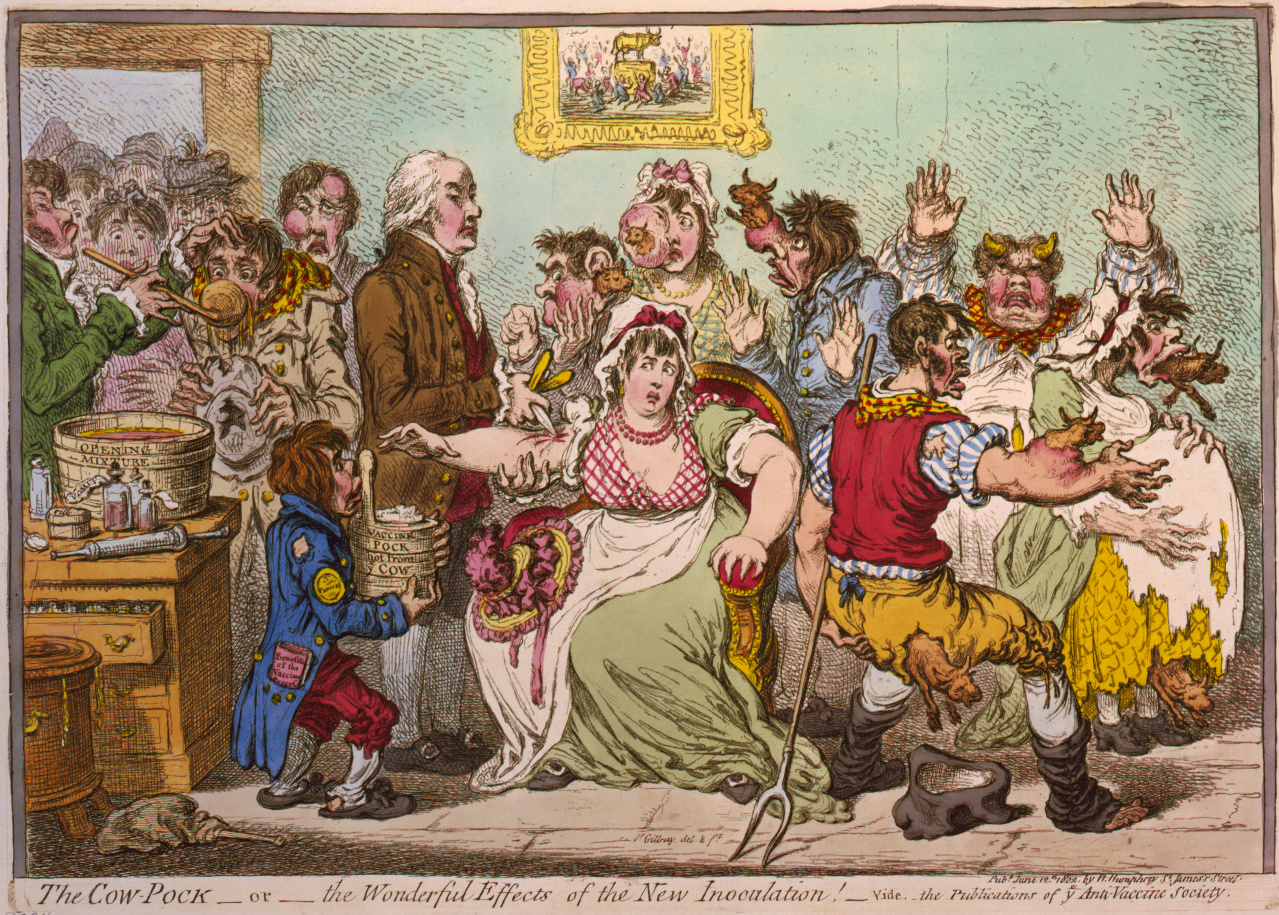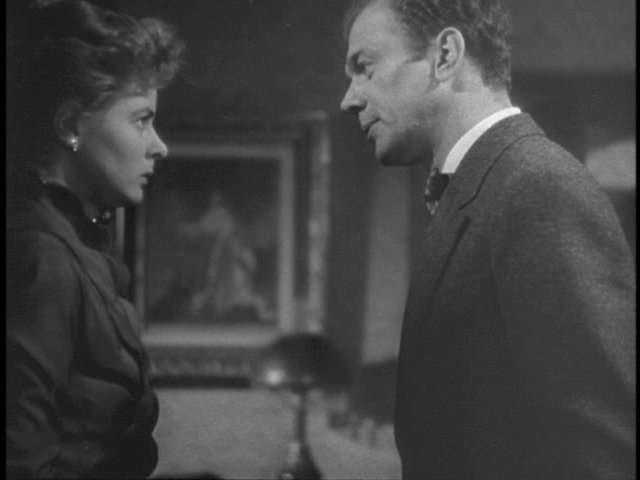11 October 2020
Some "B" Band Name Origins
08 October 2020
Meliorism
I discovered "meliorism" via Merriam-Webster's Word of the Day podcast. It's a word that I think we need right now as we are in the second half of what may well be a full pandemic year.
Meliorism (MEE-lee-uh-riz-um) is the belief that the world tends to improve and that humans can aid its betterment.
It is not pessimism and not optimism but some place in between though closer to the optimistic side.
Somehow I missed this word, though it's not new. British novelist George Eliot believed she had coined meliorist back in 1877 when she wrote, "I don't know that I ever heard anybody use the word 'meliorist' except myself." But the podcast sais that there is evidence that meliorist had been around decades before Ms. Eliot used it.
It probably comes from the Latin melior, meaning "better" with a nod the English melior descendant, meliorate, a synonym of ameliorate which means "to make better or more tolerable" which was introduced to English in the 1500s.
Meliorism is a word for 2021 when I would love to believe that the world will improve and that we can aid its betterment.
26 August 2020
First Known Use of a Word
In researching words and names for this site, I am often looking for the first known use of a word in English. I recently found an interesting online tool called Time Traveler that allows you to enter a year and see the words first recorded in that year. The site is part of Merriam-Webster.com so these results are based on their dictionaries.
I took a look at words from 1953 and was surprised that some words only appeared that year and that some came that early in history. The list is a kind of lens on what was happening in that year.
Here are a few words that had their first known use in 1953.
- ballpoint pen
- bench press
- blacklight
- cherry bomb
- flea collar main manmalathion
- male-pattern baldness
- Medicare
- random-access memory
- real-time
- rebar
- RSVP
- saber saw
- stiletto heels
- sunblock
- trans-fatty acid
- UFO
- videotape and videotape recorder
- wax museum
- whoopee cushion
With each word or phrase, you can look at the origin. For example, with "UFO" you find:
UNIDENTIFIED FLYING OBJECT
"All right." The President sighed. "Is there anybody around this table who thinks UFOs and this signal from Vega have anything to do with each other?" — Carl Sagan
In 1966, the first UFO "abduction" was described in journalist John G. Fuller's book The Interrupted Journey. — Keay Davidson
First Known Use of UFO, 1953, in the meaning defined above
The site cautions that the date may not represent the very oldest sense of the word.
Many obsolete, archaic, and uncommon senses have been excluded from this dictionary, and such senses have not been taken into consideration in determining the date.
The date most often does not mark the very first time that the word was used in English. Many words were in spoken use for decades or even longer before they passed into the written language. The date is for the earliest written or printed use that the editors have been able to discover.
These dates also change as evidence of still earlier use emerges.
The First Known Use Date will appear in one of three rounded off styles:
For the Old English period (700-1099), "before 12th century"
For the Middle English period (1100-1499), by century (e.g., "14th century")
For the Modern English period (1500-present), by year (for example, "1942")
20 August 2020
Nyctophiles and Night
 |
| Night image from Pixabay |
This word has Greek origins – nyktos literally means night and philos stands for love. We have a lot of words using phile from phileein meaning to love or to show a love of something. Bibliophiles love books. Cinephiles love the cinema. Astrophiles love astronomy and the stars. I am all of those things.
I do like (love?) nighttime and I am more active at night (nocturnal? not really). But I started to wonder what the actual difference is (if there actually is a difference) between words like night, dusk, evening, nightfall, twilight, eventide, and sundown. When is it officially "night"?
Dusk, evening and twilight are commonly used interchangeably to mean the period from sunset/sundown until nighttime. But I've also seen nightfall, eventide used for that period. I don't think anyone would correct you if at sundown you said "I love the light at dusk."
Looking up these terms it seems that "dusk" is a period of time occurring at the end of the day during which the sunsets. "Evening" is the time of the day between dusk and night, when it gets dark. Dusk occurs when the geometric center of the Sun is 18° below the horizon in the evening.
In the 48 contiguous U.S. states, it takes anywhere from 70 to 100 minutes for it to get dark after sunset and the further north you are, the longer it takes for true darkness to arrive after sundown.
What about twilight? That is the time between daylight and darkness and seems to be applied to the time after sunset and also before sunrise when the light appears diffused and often pinkish. The sun is below the horizon, but its rays are still scattering because of the Earth's atmosphere to create the colors. So, there are two twilights - the periods between the dawn and sunrise, and the time between sunset and dusk.
Is that clear or more confusing? By the way, sunrise and sunset are defined as the exact times when the upper edge of the disc of the Sun is at the horizon. That's an easy one to identify.
23 July 2020
Name Changing: Washington Redskins and Kansas City Chiefs

July 23, 2020
 |
| The logo that was controversial and that has been retired |
The Washington Redskins team is only one example of the larger controversy, but it receives the most public attention due to the name itself being defined as derogatory or insulting in modern dictionaries and the prominence of the team representing the nation's capital.
 |
| a "less controversial" script logo used by the Redskins (1972–2019) Sportslogos.net, Public Domain |
When an NFL franchise was bought for Boston in 1933, the team was set to play at the home of the baseball Boston Braves so it adopted the same name. The following year, the Braves moved to Fenway Park and changed their name to the Redskins. The Redskins name traveled with the team to become the Washington Redskins
20 July 2020
John Cafferty and the Beaver Brown Band
JOHN CAFFERTY and the BEAVER BROWN BAND are best remembered for their soundtrack to the movie Eddie and the Cruisers.
24 June 2020
In like a lion, out like a lamb
News about the pandemic seemed to push aside the usual stories on the news about the weather. “In like a lion, out like a lamb” has always seemed a straightforward enough proverb about the weather in March. March begins in winter, and by the end of the month, spring has begun, so it is often a mean lion at the start and a gentle lamb at the end.
19 June 2020
Doomscrolling
Have you heard the word "doomscrolling"? Have you been doing it? It is defined as the act of scrolling on your device and reading or skimming the endless stream of bad news that hit us daily on news sites and social media.
 |
| Image:Mote Oo Education | Pixabay |
The pandemic, economic hard times, violence in the street and the Black Lives Matter protests are all important stories but seem to all be part of a doomsday scenario.
The Merriam-Webster dictionary people have recently flagged doomscrolling as one of the words it is watching for 2020 for possible inclusion into the dictionary.
The word has appeared in stories in Business Insider, and the close variation, “doomsurfing,” appeared in the New York Times.
Why are people doomscrolling if the news is so negative? It is a combination of a "fear of missing out" (FOMO), a “hurry-up-and-wait” instinct and a real desire to get information on the pandemic and other issues even if that information is incomplete, questionably accurate and depressing.
With so many sources of information at our fingertips, the temptation to doomscroll is seductive to many people.
14 May 2020
Vaccine and vaccination
 |
| A caricature by James Gillray "The Cow Pock" of Jenner vaccinating patients who feared it would make them sprout cowlike appendages - Library of Congress, Public Domain, Link |
His vaccine practice was not immediately accepted. People feared the counterintuitive idea of introducing a disease into your body in order to fight disease. And the idea of using something from an animal in your body was repulsive. Jenner submitted a paper about his new procedure to the prestigious Royal Society of London, but it was rejected. The president of the Society told Jenner that it was a mistake to risk his reputation by publishing something so controversial.
Jenner published his ideas at his own expense in a short pamphlet in 1798 which was widely read and discussed. Novelist Jane Austen noted in one of her letters that she’d been at a dinner party and everyone was talking about the “Jenner pamphlet.”
The vaccination process evolved but in that time even the idea of germs was unknown so poor sanitation and dirty needles contributed to issues from the process
Jenner used the word vaccine in his writing and his friend, Richard Dunning, used "vaccination" in 1800, but the Oxford English Dictionary credits the French for coining the term vaccine in 1800 and vaccination in 1803. There are cognates in other languages (Italian, vaccine, Portuguese, vacina, and Spanish, vacuna).
29 April 2020
Nazz
with some Beatles' A Hard Day's Night as channeled through The Monkees.
18 April 2020
Alice Cooper
 |
| Alice Cooper (Wikimedia) |
In 1964, a sixteen-year-old Furnier wanted to enter a local Phoenix, Arizona talent show. He got some friends from his cross-country team to form a group they called The Earwigs for the show. Since they didn't know how to play any instruments at the time, they dressed up like The Beatles and lip-synced to Beatles songs. They won the talent show and were motivated to learn how to play instruments and form a real band which they called The Spiders. It featured Furnier on vocals, Glen Buxton on lead guitar, John Tatum on rhythm guitar, Dennis Dunaway on bass guitar, and John Speer on drums.
They modeled themselves on mainstream rock bands of the time - The Beatles
In 1965 they recorded their first single, "Why Don't You Love Me" (a cover of a song originally performed by The Blackwells), with Furnier learning the harmonica for that song.
In 1966 "The Spiders" graduated from high school and they had a local radio hit with "Don't Blow Your Mind," an original composition. By 1967 the band had begun to make regular road trips to Los Angeles to play shows. They soon renamed themselves The Nazz and released the single "Wonder Who's Lovin' Her Now," with B side "Lay Down And Die, Goodbye."

More important than the name was the idea of a male playing the role of an androgynous witch, in tattered women's clothing and wearing make-up. Cooper has said the look was influenced by the film Barbarella
"When I saw Anita Pallenberg playing the Great Tyrant in that movie in 1968, wearing long black leather gloves with switchblades coming out of them, I thought, 'That's what Alice should look like'. That, and a little bit of Emma Peel from The AvengersThe concept of a rock villain was unique and they continued to build their stage image which was in complete contrast to the real "Alice" off stage.".
They had their breakout hit in 1971 with "I'm Eighteen

Alice Cooper, the man, has taken up acting, celebrity golf, is a restaurateur, and in 2004 started a classic rock radio show "Nights with Alice Cooper."
The original Alice Cooper group was inducted into The Rock and Roll Hall of Fame.
The Best Of Alice Cooper: Mascara and Monsters
Alice Cooper's Greatest Hits
Alice Cooper Goes to Hell
Billion Dollar Babies
15 April 2020
Gaslighting, Gaslighter
Gaslighting is a form of psychological manipulation in which a person (gaslighter) or a group secretly attempts to create doubt in a person so that they doubt their memory, perception, or even their sanity.
I have been hearing the term used more lately. Just this month, I saw that the Dixie Chicks have released an album and song titled Gaslighter. The reference in the song is supposed to be to gaslighting that happened in lead singer Natalie Maines' marriage/divorce.

In the play, the scheming husband slowly dims the gas lights in their home, while pretending nothing has changed, in an effort to make his wife doubt her own perceptions.
He also dims other lights and makes noises and voices that the wife hears while he denies that these things are happening. His goal is to have her evaluated and committed to a mental institution.
Gaslighters use denial, misdirection, contradiction, and misinformation to destabilize and delegitimize the victim's beliefs.
Currently, I hear the term applied to politicians who seem to be manipulating the public by using those techniques.
The term has worked its way into popular culture. Pop group Steely Dan has a song entitled "Gaslighting Abbie" on their album Two Against Nature.







